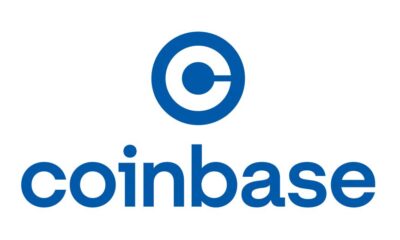Business
North Korean spy slips up, reveals ties in fake job interview
-

 Business1 week ago
Business1 week agoEthereum to simplify crosschain transactions with new token standards
-

 Business1 week ago
Business1 week agoTether CEO defends decision to skip MiCA registration for USDT
-

 Business1 week ago
Business1 week agoMetaplanet to open US arm, plans to raise $250M for Bitcoin strategy
-

 Business1 week ago
Business1 week agoCoinbase suspends trading for MOVE token
-

 Business1 week ago
Business1 week agoKraken finalizes NinjaTrader buy as Q1 revenue jumps 19%
-

 Business4 days ago
Business4 days agoBinance founder CZ says Bitcoin could hit $500K–$1M this cycle
-

 Business4 days ago
Business4 days agoBlackRock Bitcoin ETF clocks 16 days of inflow as BTC reclaims $97K
-

 Business4 days ago
Business4 days agoSouth Korea presidential front-runner pledges to approve Bitcoin ETFs


























